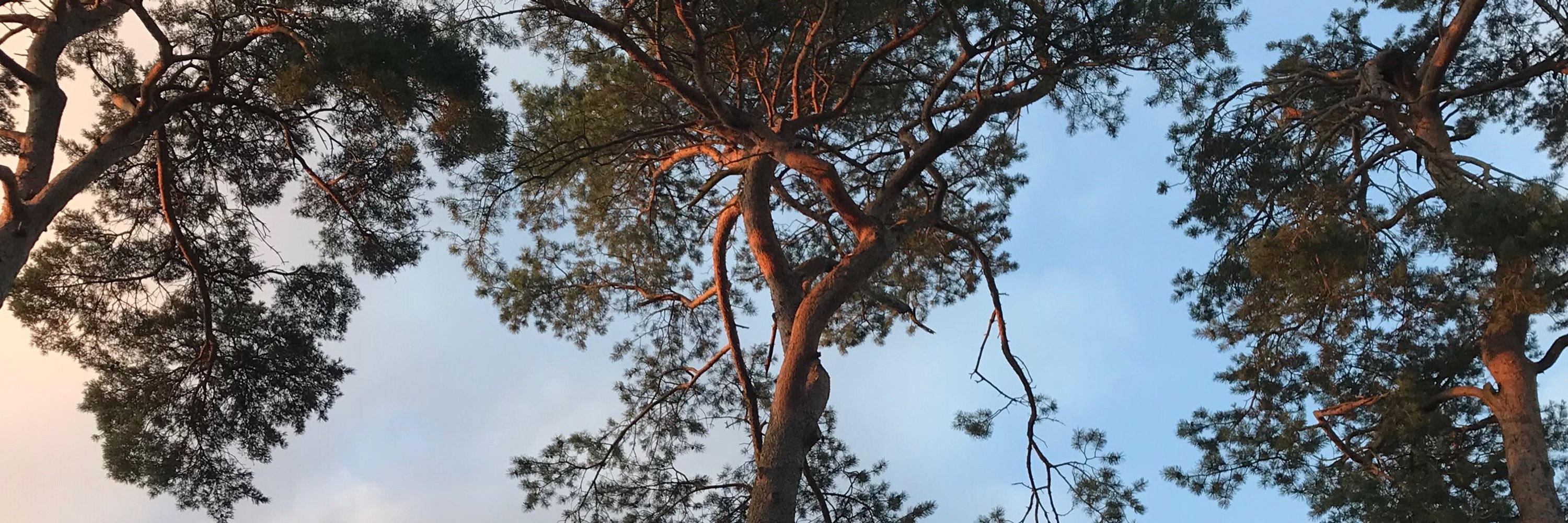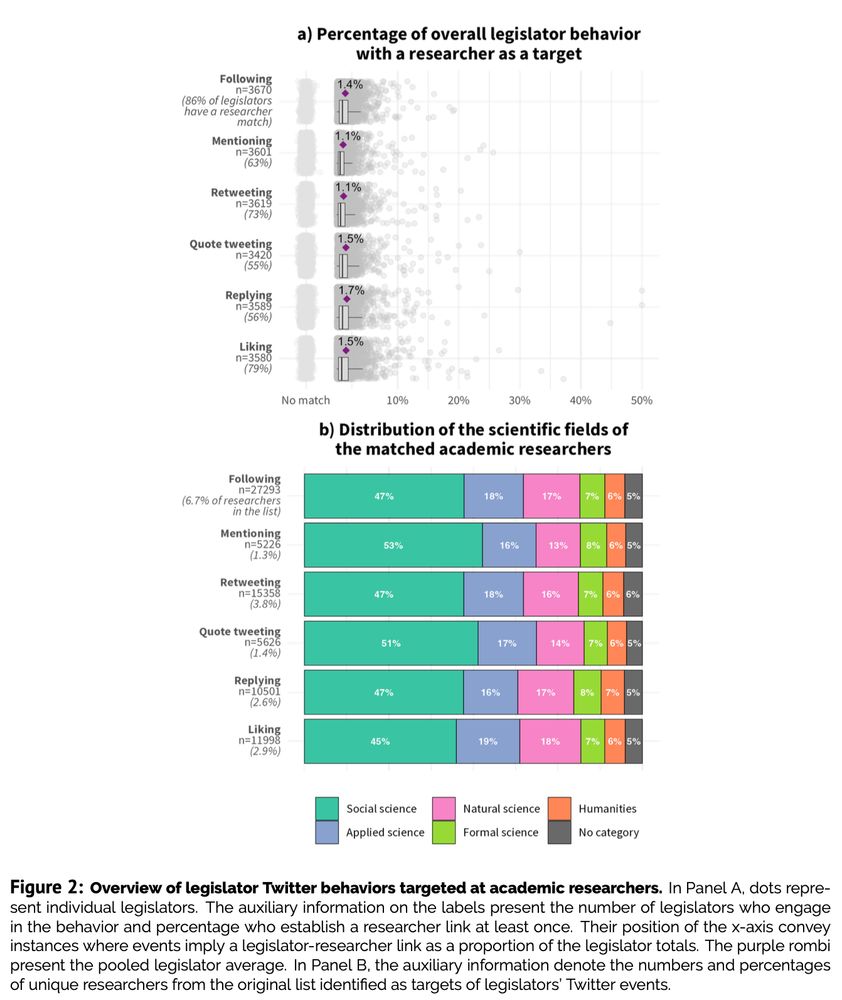
Lisa Oswald
@lfoswaldo.bsky.social
PostDoc online cognition & political behavior, MPIB Berlin | PhD political communication, Hertie School | Social Data Science, OII Oxford | psychologist
wow, thanks a lot for covering this - let me just emphasize that I'd regard this preprint as a conceptual perspective / review article that aims to act as a synthesis if existing evidence (the analysis of the GLES data serves mostly as another empirical illustration)
November 5, 2025 at 7:32 PM
wow, thanks a lot for covering this - let me just emphasize that I'd regard this preprint as a conceptual perspective / review article that aims to act as a synthesis if existing evidence (the analysis of the GLES data serves mostly as another empirical illustration)
Absolutely, I think this paper connects really well to, for example, your work with Claire Robertson
November 4, 2025 at 12:34 PM
Absolutely, I think this paper connects really well to, for example, your work with Claire Robertson
Thanks! That's great to hear - and makes me curious to hear more about your project.
October 31, 2025 at 8:26 AM
Thanks! That's great to hear - and makes me curious to hear more about your project.
Big thanks to my fantastic coauthors: Will Schulz @small-schulz.bsky.social, Ralph Hertwig @arc-mpib.bsky.social , David Lazer @davidlazer.bsky.social and Sebastian Stier @sebstier.bsky.social !
Feedback very welcome! Now read, share, cite 😊
Feedback very welcome! Now read, share, cite 😊
October 30, 2025 at 10:53 AM
Big thanks to my fantastic coauthors: Will Schulz @small-schulz.bsky.social, Ralph Hertwig @arc-mpib.bsky.social , David Lazer @davidlazer.bsky.social and Sebastian Stier @sebstier.bsky.social !
Feedback very welcome! Now read, share, cite 😊
Feedback very welcome! Now read, share, cite 😊
Finally, we move beyond social media research and discuss potential consequences of the production-consumption gap, which results in a remarkable visibility gap, for public opinion more broadly.

October 30, 2025 at 10:53 AM
Finally, we move beyond social media research and discuss potential consequences of the production-consumption gap, which results in a remarkable visibility gap, for public opinion more broadly.
We then discuss methodological challenges this production-consumption gap poses for us, social media researchers, and derive implications for sampling, study design and inference.

October 30, 2025 at 10:53 AM
We then discuss methodological challenges this production-consumption gap poses for us, social media researchers, and derive implications for sampling, study design and inference.
Focusing on political content on social media, we discuss existing evidence on predictors and consequences of this production-consumption gap.

October 30, 2025 at 10:53 AM
Focusing on political content on social media, we discuss existing evidence on predictors and consequences of this production-consumption gap.
One phenomenon that is remarkably consistent across platforms, time and contexts: most people lurk, read along, and never really post while a small minority is very active, and very visible — a.k.a. the production-consumption gap.

October 30, 2025 at 10:53 AM
One phenomenon that is remarkably consistent across platforms, time and contexts: most people lurk, read along, and never really post while a small minority is very active, and very visible — a.k.a. the production-consumption gap.
Unfortunately not but (almost) all references are in English
September 22, 2025 at 1:44 PM
Unfortunately not but (almost) all references are in English
Reposted by Lisa Oswald
Here are some of the 🔑 findings:
- Legislators across the 12 countries DO follow researchers but seldom visibly engage.
*Also, most of their engagement is with social scientists.
- Legislators across the 12 countries DO follow researchers but seldom visibly engage.
*Also, most of their engagement is with social scientists.

June 5, 2025 at 6:27 AM
Here are some of the 🔑 findings:
- Legislators across the 12 countries DO follow researchers but seldom visibly engage.
*Also, most of their engagement is with social scientists.
- Legislators across the 12 countries DO follow researchers but seldom visibly engage.
*Also, most of their engagement is with social scientists.

